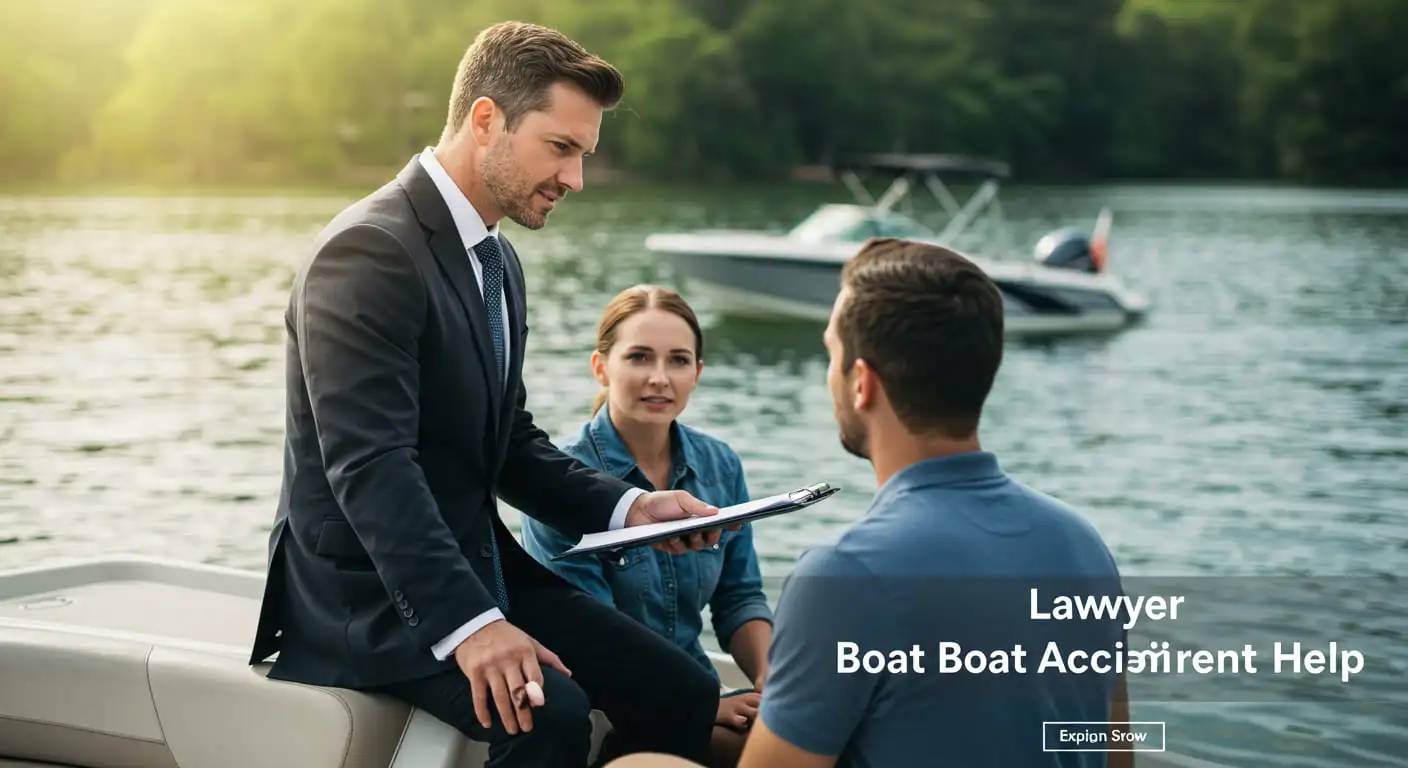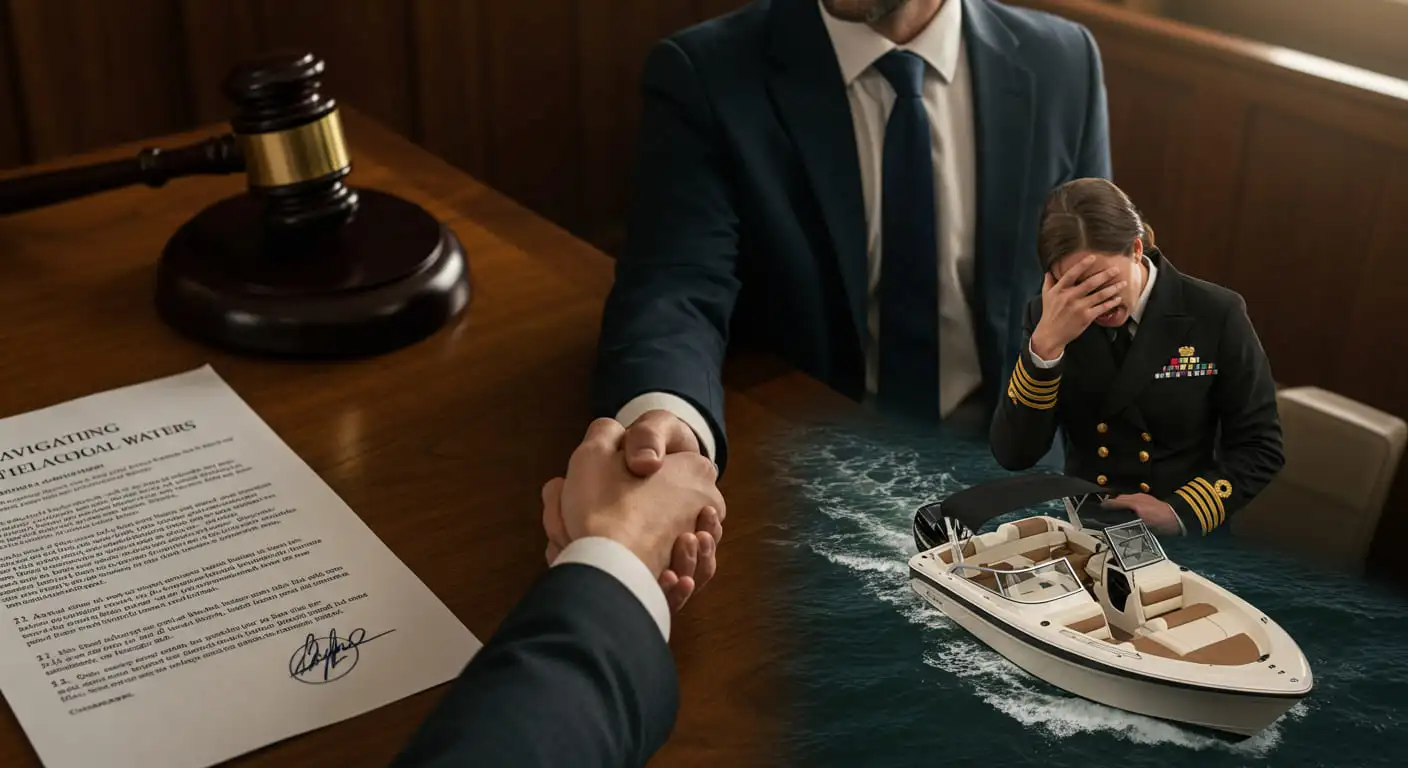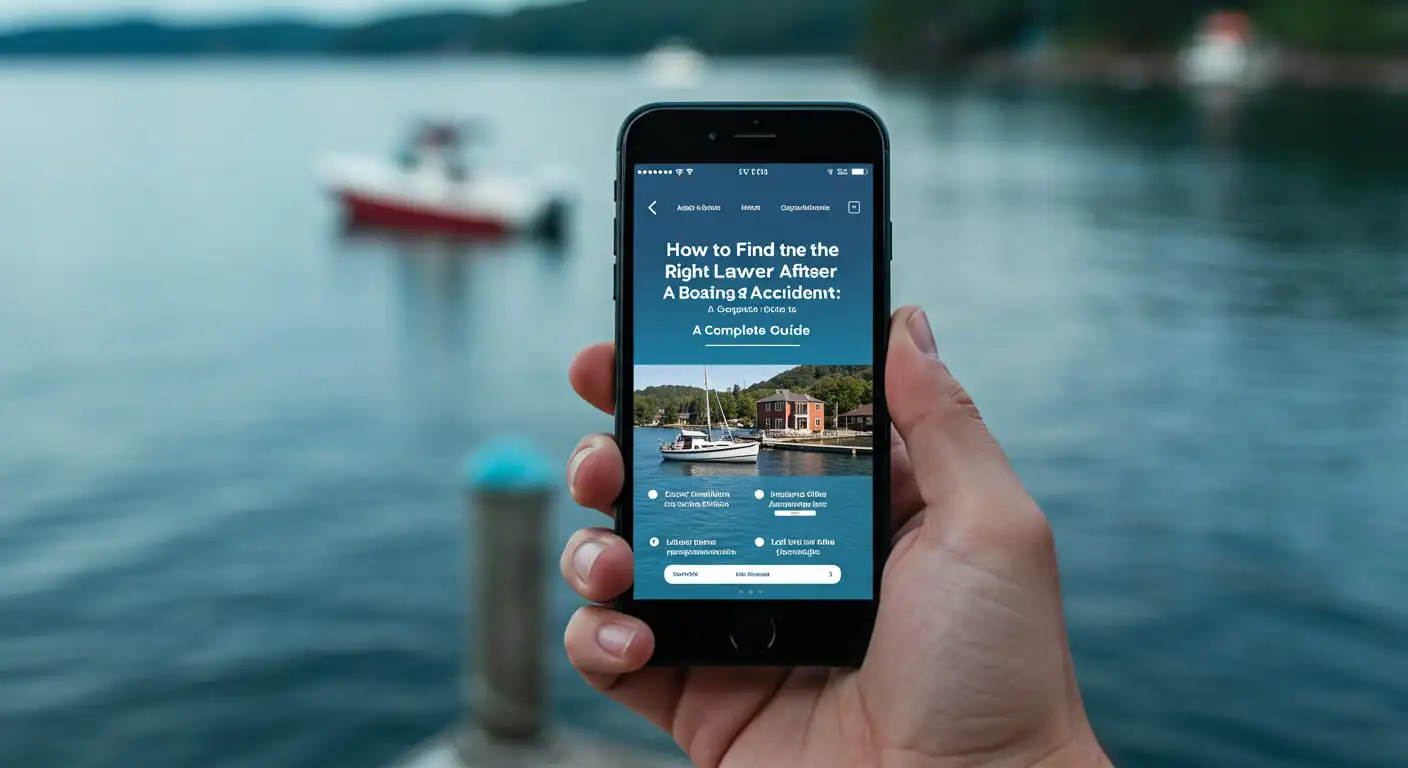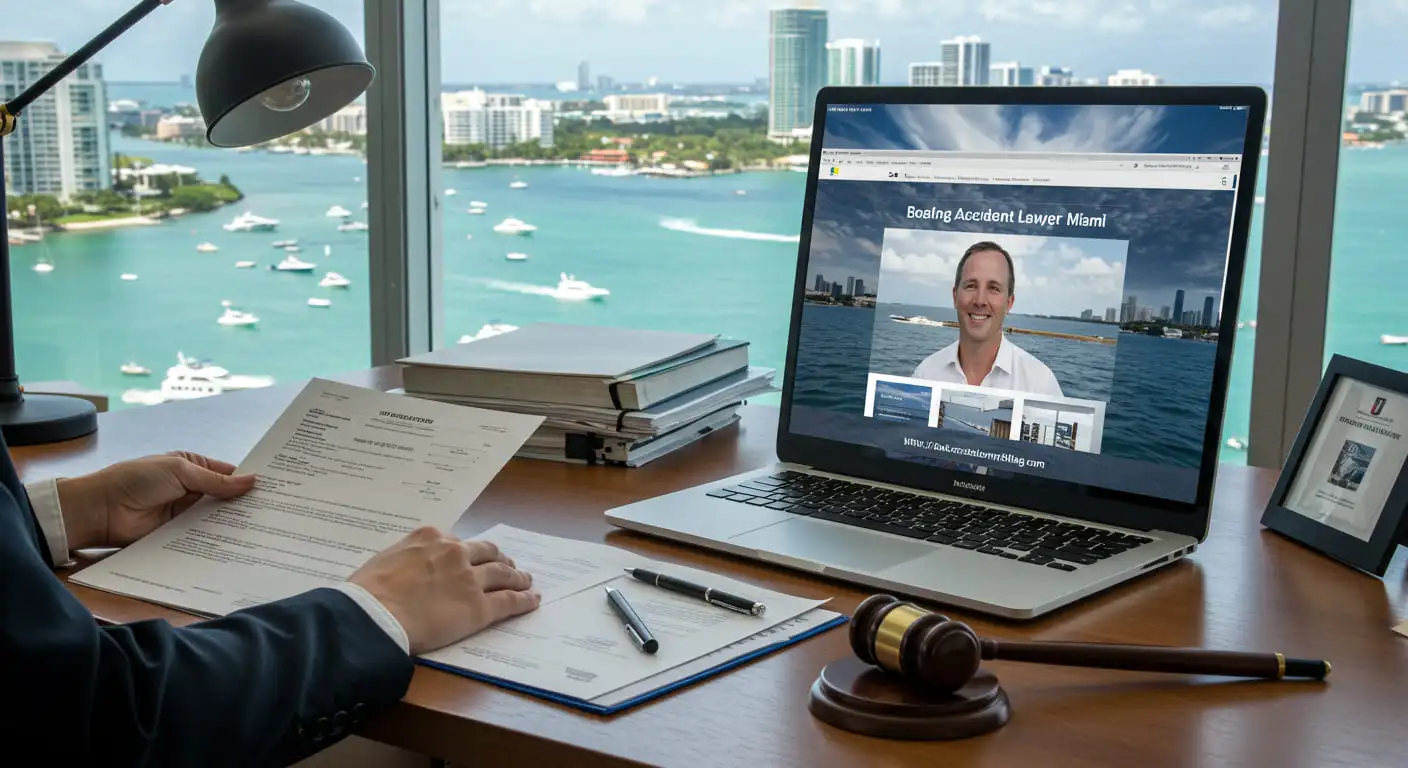Injured in a boating accident in Dallas? Discover how a Dallas boat accident attorney can help you secure the compensation you deserve.
Introduction
Boating is a popular recreational activity in Dallas, Texas, offering residents and visitors alike the opportunity to enjoy the city’s numerous lakes and waterways. However, with the increasing number of boats on the water, the risk of boating accidents has also risen. When such incidents occur, they can lead to severe injuries, property damage, and even fatalities. In these situations, seeking the assistance of a Dallas boat accident attorney becomes crucial to navigate the complex legal landscape and ensure that victims receive the compensation they deserve.
Understanding Boating Accidents in Dallas
Common Causes of Boating Accidents
Boating accidents can result from various factors, including:
- Operator Inattention: Distractions or lack of focus can lead to collisions or other mishaps.
- Excessive Speed: Operating a boat at high speeds increases the risk of losing control.
- Alcohol Use: Operating a boat under the influence impairs judgment and reaction times.
- Equipment Failure: Mechanical issues can lead to accidents if not promptly addressed.
- Weather Conditions: Sudden changes in weather can create hazardous conditions on the water.
Types of Boating Accidents
Boating accidents in Dallas can take various forms, such as:
- Collisions with Other Vessels: Often due to operator error or failure to adhere to navigation rules.
- Grounding: When a boat runs aground, potentially causing damage or injury.
- Capsizing: Boats overturning due to imbalance, overloading, or rough waters.
- Falls Overboard: Passengers or crew falling into the water, leading to potential drowning or injury.
Legal Framework Governing Boating Accidents in Texas
Texas Boating Laws
In Texas, boating laws are enforced by the Texas Parks and Wildlife Department (TPWD). Key regulations include:
- Boating While Intoxicated (BWI): Operating a boat with a blood alcohol concentration (BAC) of 0.08% or higher is illegal.
- Mandatory Boater Education: Operators born on or after September 1, 1993, must complete a boater education course.
- Reporting Accidents: Boating accidents resulting in death, injury, or significant property damage must be reported to the TPWD.
Liability in Boating Accidents
Determining liability in a boating accident involves assessing negligence. If a boat operator fails to exercise reasonable care, they may be held liable for resulting damages. Other parties, such as boat manufacturers or rental companies, may also bear responsibility if their actions contributed to the accident.
The Role of a Dallas Boat Accident Attorney
Engaging a Dallas boating accident attorney is essential for several reasons:
Case Evaluation
An attorney will assess the details of the accident to determine the viability of a claim. This includes reviewing accident reports, medical records, and witness statements.
Evidence Collection
Gathering evidence is critical to building a strong case. A boating accident attorney Dallas will collect photographs, surveillance footage, and expert testimonies to support the claim.
Negotiating with Insurance Companies
Insurance companies often aim to minimize payouts. An experienced attorney will negotiate on behalf of the victim to secure fair compensation.
Litigation
If a fair settlement cannot be reached, a Dallas boating accident attorney will represent the victim in court, presenting the case to a judge or jury.
Steps to Take After a Boating Accident
- Ensure Safety: Check for injuries and move to a safe location if possible.
- Call for Help: Contact emergency services and report the accident to the TPWD.
- Document the Scene: Take photographs of the accident scene, damages, and injuries.
- Exchange Information: Collect contact and insurance details from all parties involved.
- Seek Medical Attention: Even if injuries seem minor, it’s essential to get a medical evaluation.
- Consult a Dallas boat accident attorney: Engage legal counsel to guide you through the claims process.Personal Injury Attorney | Dallas, Texas
Compensation in Boating Accident Cases
Victims of boating accidents may be entitled to various forms of compensation, including:
- Medical Expenses: Costs for hospital stays, surgeries, medications, and rehabilitation.
- Lost Wages: Income lost due to inability to work during recovery.
- Pain and Suffering: Compensation for physical pain and emotional distress.
- Property Damage: Costs to repair or replace damaged boats or personal belongings.
- Punitive Damages: In cases of gross negligence, additional damages may be awarded to punish the wrongdoer.
Choosing the Right Dallas Boating Accident Attorney
Selecting the appropriate legal representation is crucial. Consider the following factors:
- Experience: Look for attorneys with a proven track record in boating accident cases.
- Reputation: Research client reviews and professional ratings.
- Communication: Ensure the attorney is responsive and communicates clearly.
- Resources: A well-established firm will have the necessary resources to handle complex cases.
- Contingency Fees: Many Dallas boat accident attorneys work on a contingency basis, meaning they only get paid if you win your case.
Frequently Asked Questions
Q1: How long do I have to file a boating accident claim in Texas?
A: In Texas, the statute of limitations for personal injury claims, including boating accidents, is generally two years from the date of the incident.
Q2: What if I was partially at fault for the accident?
A: Texas follows a modified comparative negligence rule. If you’re found to be less than 51% at fault, you can still recover damages, but your compensation will be reduced by your percentage of fault.
Q3: Do I need to report a minor boating accident?
A: Yes, if the accident results in injury, death, or property damage exceeding $2,000, it must be reported to the TPWD.
Q4: Can I sue a boat rental company for an accident?
A: If the rental company’s negligence contributed to the accident, such as failing to maintain the vessel properly, they may be held liable.
Q5: What if the at-fault party doesn’t have insurance?
A: An attorney can explore other avenues for compensation, such as the at-fault party’s personal assets or your own insurance coverage.
Q6: How much does it cost to hire a boating accident attorney?
A: Many Dallas boating accident attorneys work on a contingency fee basis, meaning you don’t pay unless they win your case.
Q7: What evidence is crucial in a boating accident case?
A: Important evidence includes accident reports, medical records, photographs, witness statements, and expert testimonies.
Q8: Can I claim compensation for emotional distress?
A: Yes, victims can seek damages for emotional distress resulting from the accident.
Q9: How long does a boating accident lawsuit take?
A: The duration varies depending on the case’s complexity, but many are resolved within several months to a year.
Q10: Will my case go to trial?
A: Many cases are settled out of court, but if a fair settlement isn’t reached, your attorney may proceed to trial.
Conclusion
Boating accidents can have devastating consequences, but victims don’t have to navigate the aftermath alone. Engaging a skilled Dallas boat accident attorney ensures that your rights are protected and that you have the best chance of securing the compensation you deserve. If you or a loved one has been involved in a boating accident, don’t hesitate to seek legal counsel to guide you through this challenging time.
Leave a reply














